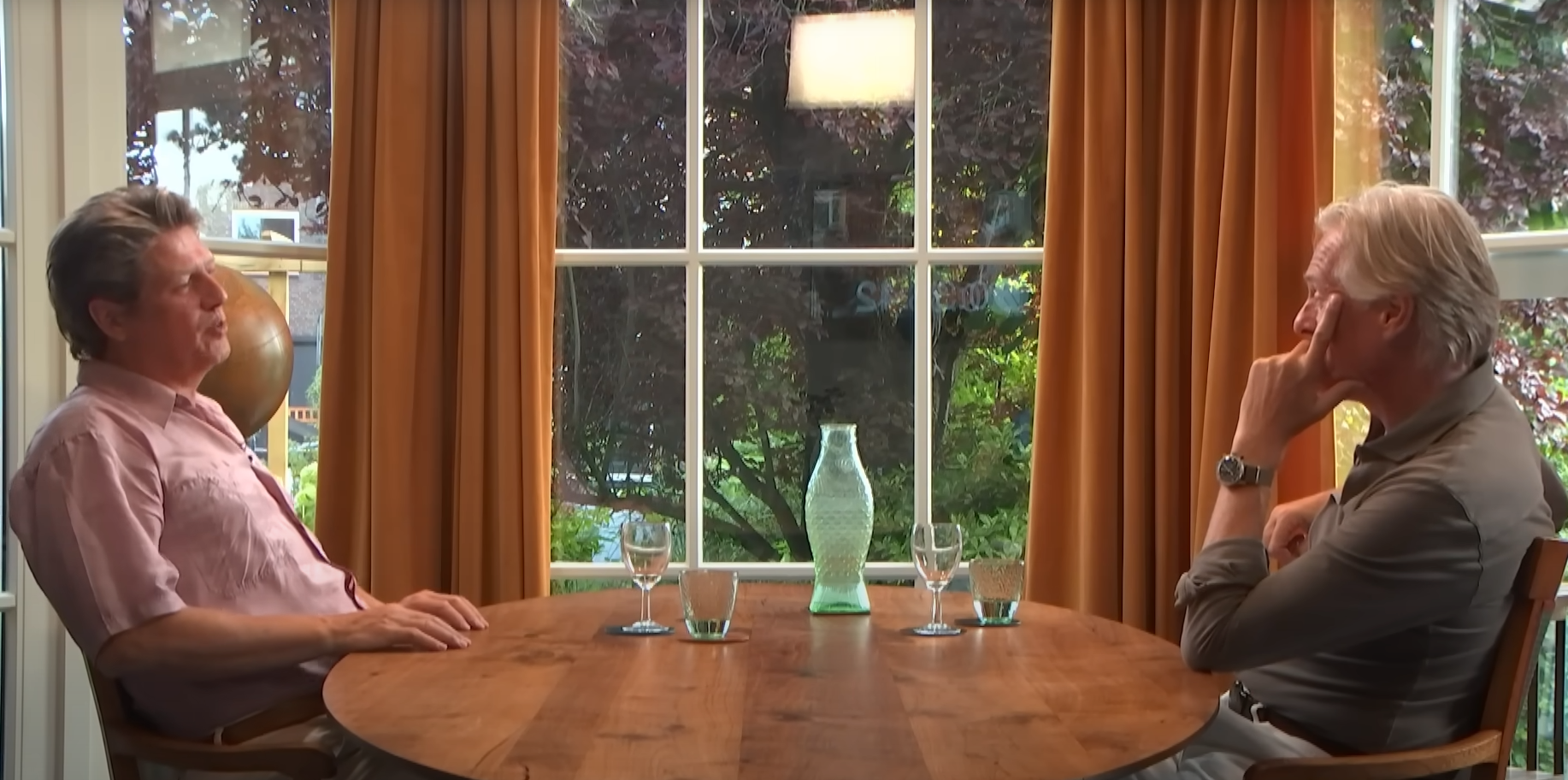A Landmark Legal Victory Against Google
In March 2024, Dutch journalist and television personality Jort Kelder secured a pivotal legal win in his long-running battle against Google. The case revolved around fraudulent Bitcoin investment ads that had misused his image and reputation to mislead unsuspecting consumers.
Kelder had consistently warned both the public and Google about these fake promotions, yet the ads remained online for years. The Amsterdam appellate court ultimately ruled in Kelder’s favor, stating that Google bore responsibility for failing to remove fraudulent content once it was notified. While the court has yet to determine the final damages, this ruling has been widely described as a landmark precedent in the fight for accountability of big tech platforms.
Digital rights advocates praised Kelder for his persistence, noting that the verdict could empower other public figures and ordinary citizens to demand stronger protections online.
Provocative Commentary on National Security and “War Hysteria”
Beyond the courtroom, Kelder continues to make headlines with his outspoken and often controversial commentary. Appearing on the Dutch program Goedenavond Nederland in mid-2025, he sharply criticized what he termed a wave of “war hysteria” gripping the Netherlands.
As global tensions rise, many Dutch citizens have been investing in private bunkers and stockpiling resources. Politicians have increasingly used rhetoric about preparing for conflict, urging massive increases in defense spending. Kelder pushed back on this narrative, warning that such fear-driven responses could undermine democracy and essential sectors like healthcare and education.
“We are building bunkers before we are building trust in expertise,” Kelder remarked, highlighting what he views as misplaced priorities fueled by political grandstanding.
His words immediately sparked heated debate across Dutch media and social platforms, reflecting the polarizing effect Kelder often has on public discussions.
The Role of the Public Intellectual
Kelder has long thrived at the intersection of journalism, politics, and cultural critique. Known for his sharp tongue and satirical style, he has hosted several television and radio programs while also engaging in podcasting through De Jortcast. His platform allows him to comment on politics, economics, and society with a mix of wit and provocation.
- Supporters see him as a rare voice unafraid to challenge herd mentalities and question authority.
- Critics accuse him of being elitist or overly provocative, claiming he sometimes values controversy over nuance.
Regardless of perspective, few deny Kelder’s ability to set the tone of national debates—whether it’s about financial regulation, media integrity, or the psychology of fear in uncertain times.
Timeline of Recent Highlights
| Date | Event |
|---|---|
| 2021–2023 | Fake Bitcoin ads featuring Kelder circulate widely on Google, sparking legal action. |
| March 2024 | Wins appeal against Google, court affirms liability for failing to remove fraudulent ads. |
| June 2025 | Criticizes “war hysteria” and the trend of bunker-building on Dutch talk shows. |
Why Jort Kelder Still Matters
In 2025, Jort Kelder is more than a media figure—he is a symbol of modern public discourse. His legal battle with Google underscores the growing demand for digital accountability, while his media presence keeps challenging how societies respond to fear, politics, and shifting priorities.
By combining his courtroom determination with sharp on-air commentary, Kelder represents a uniquely Dutch blend of provocateur and protector—someone who rattles cages but also defends principles of fairness, transparency, and reason.

